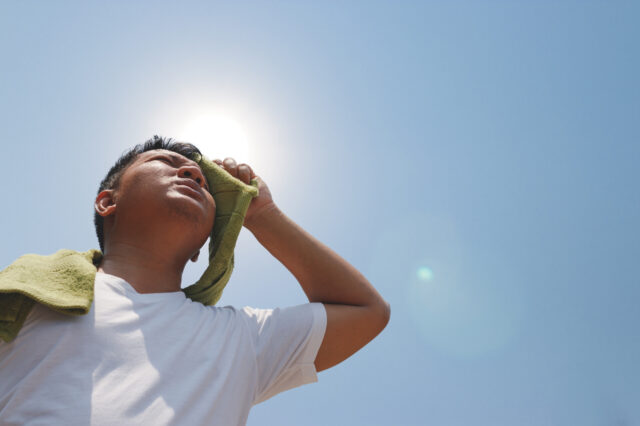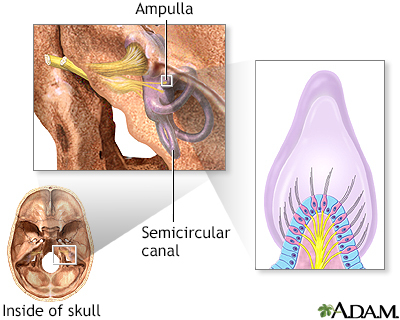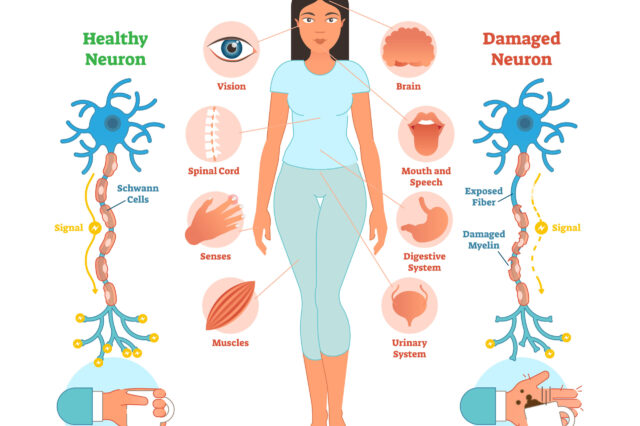How to Spot Heat Illness
This Fourth of July holiday weekend, we saw not only record travel but record-breaking heat across the South, with heat indexes reaching 115-plus degrees and…

Update your location to show providers, locations, and services closest to you.
Dizziness is a term that is often used to describe 2 different symptoms: lightheadedness and vertigo.
Lightheadedness is a feeling that you might faint.
Vertigo is a feeling that you are spinning or moving, or that the world is spinning around you. Vertigo-associated disorders is a related topic.
Lightheadedness - dizzy; Loss of balance; Vertigo
Most causes of dizziness are not serious, and they either quickly get better on their own or are easy to treat.
Lightheadedness occurs when your brain does not get enough blood. This may occur if:
Lightheadedness may also occur if you have the flu, low blood sugar, a cold, or allergies.
More serious conditions that can lead to lightheadedness include:
If any of these serious disorders are present, you will usually also have symptoms like chest pain, a feeling of a racing heart, loss of speech, change in vision, or other symptoms.
Vertigo may be due to:
Other causes of lightheadedness or vertigo may include:
If you tend to get lightheaded when you stand up:
If you have vertigo, the following tips can help prevent your symptoms from becoming worse:
Avoid activities such as driving, operating heavy machinery, and climbing until 1 week after your symptoms disappear. A sudden dizzy spell during these activities can be dangerous.
Call your local emergency number (such as 911) or go to an emergency room if you are dizzy and have:
Call your health care provider for an appointment if you have:
Your provider will perform a physical exam and ask questions about your medical history and symptoms, including:
Tests that may be done include:
Your provider may prescribe medicines to help you feel better, including:
Surgery may be needed if you have Meniere disease.




Baloh RW, Jen JC. Hearing and equilibrium. In: Goldman L, Schafer AI, eds. Goldman-Cecil Medicine. 26th ed. Philadelphia, PA: Elsevier; 2020:chap 428.
Chang AK. Dizziness and vertigo. In: Walls RM, Hockberger RS, Gausche-Hill M, eds. Rosen's Emergency Medicine: Concepts and Clinical Practice. 9th ed. Philadelphia, PA: Elsevier; 2018:chap 16.
Muncie HL, Sirmans SM, James E. Dizziness: approach to evaluation and management. Am Fam Physician. 2017;95(3):154-162. PMID: 28145669 pubmed.ncbi.nlm.nih.gov/28145669/.
This Fourth of July holiday weekend, we saw not only record travel but record-breaking heat across the South, with heat indexes reaching 115-plus degrees and…

More than 900,000 adults in the United States are living with multiple sclerosis, according to the National Multiple Sclerosis Society. The multiple sclerosis…

Shake your head back and forth about twenty times. Then open your eyes. Feel a little woozy? Having problems focusing? That’s how some...